former Senior scientist
| Stay period: | Nov. 26, 2018 - Nov. 1, 2021 |
| Now: | Professor at Ca' Foscari University of Venice |
Massimo Sgarzi obtained his MSc degree in Photochemistry and Chemistry of Materials at University of Bologna, Italy, in 2008. He received his PhD degree at University of Bologna in 2014 defending a thesis about the characterization of optical transduction-based molecular systems and nanoparticles for the development of chemical sensors, under the supervision of Professor Luca Prodi. Subsequently, he obtained a one-year postdoctoral fellowship in the same laboratory, continuing the work on the photophysical characterization of fluorescent chemosensors and silica nanoparticles for biological and environmental applications. In 2015 he moved to Dresden, where he joined the Nanoscalic Systems group guided by Dr. Holger Stephan at Helmoltz-Zentrum Dresden-Rossendorf. His research focused on the development and characterization of luminescent systems for use in bioimaging and sensor applications, dealing in particular with upconverting nanoparticles and ligands for lanthanide and actinide ions. At the end of November 2018, he joined Prof. Gianaurelio Cuniberti's group at Technische Universität Dresden as a guest scientist, planning to work on the application of nanoparticles and chemosensors for wastewater treatment. Since August 2019, he is leader of the Environmental Nanotechnology group, dealing with the synthesis and characterization of nanostructured materials and nanocomposite for the photocatalytic degradation and the adsorption of organic and inorganic pollutants contained in wastewater.


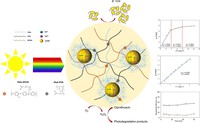

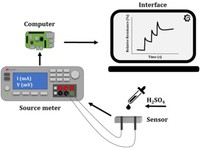

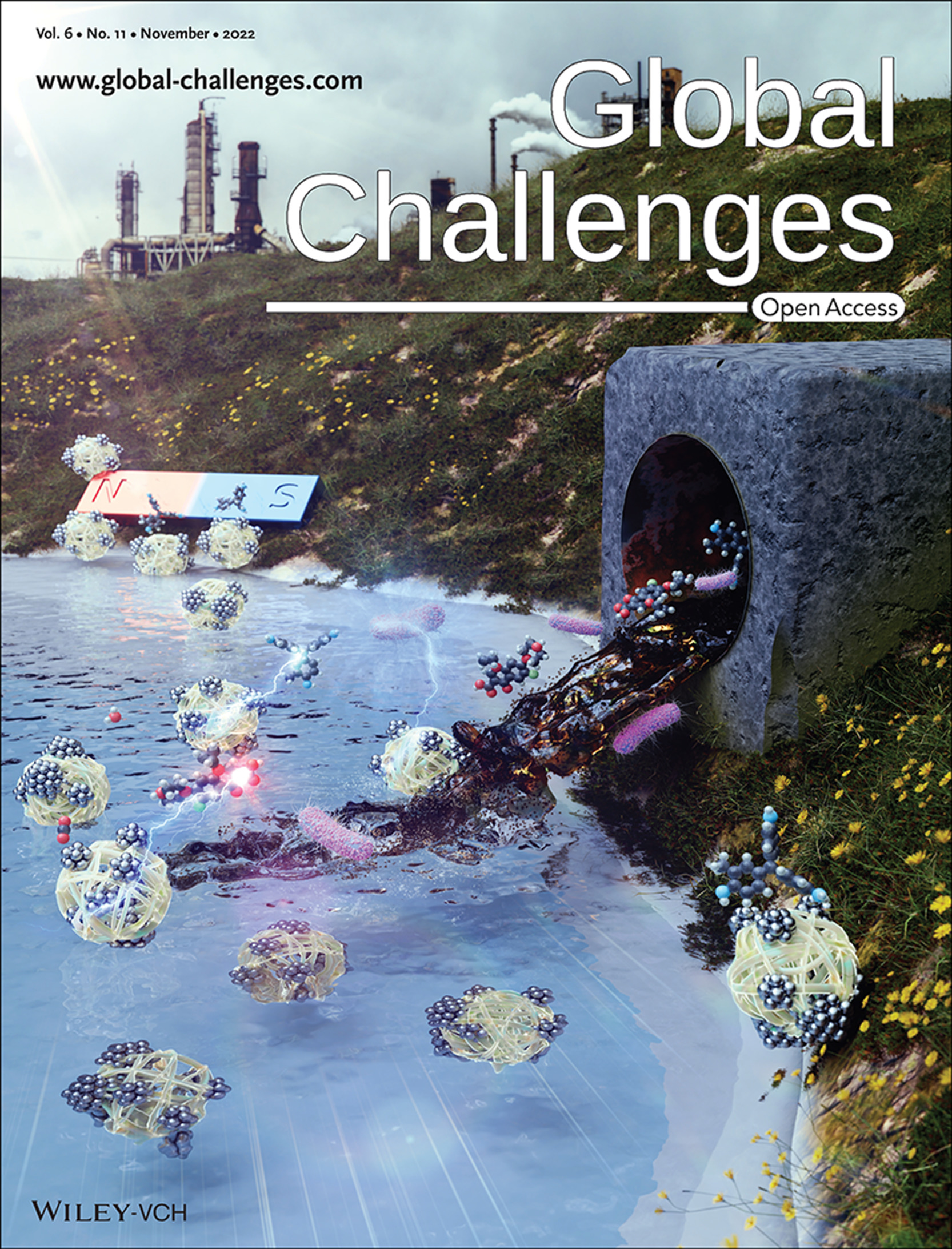



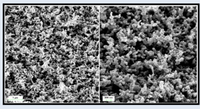





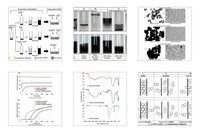

former Senior scientist
| Stay period: | Nov. 26, 2018 - Nov. 1, 2021 |
| Now: | Professor at Ca' Foscari University of Venice |
Massimo Sgarzi obtained his MSc degree in Photochemistry and Chemistry of Materials at University of Bologna, Italy, in 2008. He received his PhD degree at University of Bologna in 2014 defending a thesis about the characterization of optical transduction-based molecular systems and nanoparticles for the development of chemical sensors, under the supervision of Professor Luca Prodi. Subsequently, he obtained a one-year postdoctoral fellowship in the same laboratory, continuing the work on the photophysical characterization of fluorescent chemosensors and silica nanoparticles for biological and environmental applications. In 2015 he moved to Dresden, where he joined the Nanoscalic Systems group guided by Dr. Holger Stephan at Helmoltz-Zentrum Dresden-Rossendorf. His research focused on the development and characterization of luminescent systems for use in bioimaging and sensor applications, dealing in particular with upconverting nanoparticles and ligands for lanthanide and actinide ions. At the end of November 2018, he joined Prof. Gianaurelio Cuniberti's group at Technische Universität Dresden as a guest scientist, planning to work on the application of nanoparticles and chemosensors for wastewater treatment. Since August 2019, he is leader of the Environmental Nanotechnology group, dealing with the synthesis and characterization of nanostructured materials and nanocomposite for the photocatalytic degradation and the adsorption of organic and inorganic pollutants contained in wastewater.

















